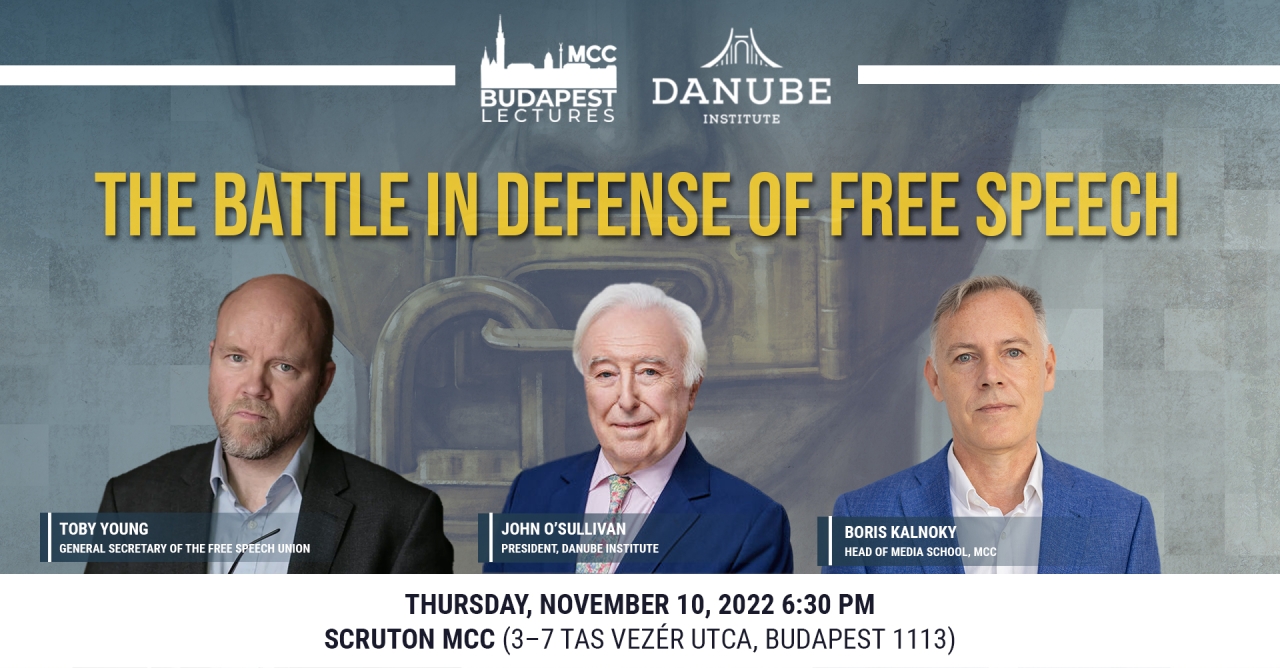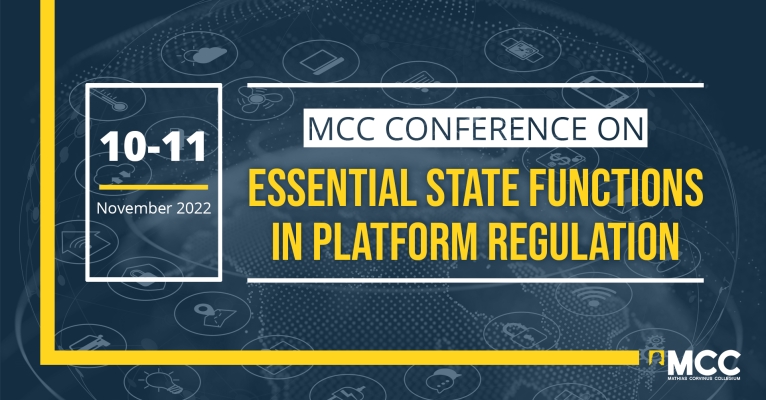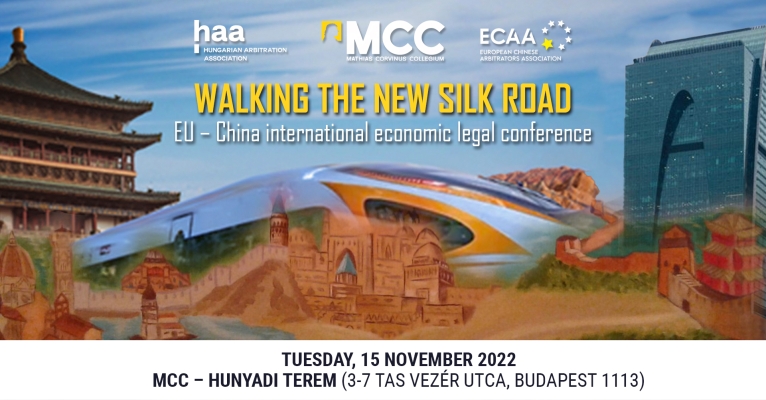In September, PayPal closed three accounts of Toby Young with no explanation: his personal account, the account of the Free Speech Union (an organisation he set up in 2020 to defend free speech), and the Daily Sceptic (the account of his news publishing website). He fought to restore the account and he succeeded but he decided not to use PayPal until the service restores all the accounts of the individuals and organisations it has closed for political reasons. The lecture will seek answers to questions such as the limits of ideology in private digital services as well as the possibilities of defending free speech nowadays.
Program
6.30-7.30 PM Moderated discussion
- Toby Young, General Secretary of the Free Speech Union
- John O’Sullivan, president, Danube Institute
- Moderator: Boris Kalnoky, Head of Media School, MCC
7.30-8.00 PM Q&A
TOBY YOUNG is the General Secretary of the Free Speech Union, a non-partisan, mass membership public interest body that stands up for the speech rights of its members. He co-founded the West London Free School in 2011, the first free school to sign a funding agreement with the British government, and is the author of How to Lose Friends & Alienate People (2001), a best-selling memoir about his experiences as a glossy magazine editor in New York that was turned into a film starring Simon Pegg. He is an associate editor of the Spectator, where he’s written a weekly column since 1998. Most recently, he set up a blog called the Daily Sceptic.
JOHN O’SULLIVAN is President and founder of the Danube Institute in Budapest, international editor of Quadrant Magazine in Sydney, Australia; associate editor of the Hungarian Review; a fellow of the National Review Institute and editor at large of National Review. He is a co-founder and director of Twenty-First Century Initiatives as well as the International Reagan Thatcher Society.
He served as a Special Adviser and speech writer to Prime Minister Margaret Thatcher. He was the founder and co-chairman of the New Atlantic Initiative, launched at the Congress of Prague in May 1996 by President Vaclav Havel and Lady Thatcher. It played a major role in bringing the countries of Central and Eastern Europe into NATO.
His book, "The President, the Pope, and the Prime Minister," on the roles played by Pope John Paul II, President Reagan and Prime Minister Thatcher in the collapse of communism and the revival of Western market democracies, has been published in English, Portuguese, Spanish, Czech, Polish, Italian, and Hungarian.
BORIS KALNOKY spent his childhood in six different cities in Germany, the United States, the Netherlands and France. After finishing school in Paris, he studied political science in Hamburg and joined the editorial staff of the German newspaper Die Welt. When the regime changed in Hungary (1989), his Hungarian roots went east and he began to write about Central and Eastern Europe. In 1993 he left his career at Die Welt and came to Budapest as a freelancer. Nine months later, he was lured back, now as a correspondent. In 2004, he became a correspondent for Turkey and the Middle East, based in Istanbul, from where he returned in 2013. In 2015, he left Die Welt again to freelance again in Hungary. Although he continues to work for them, he now also works in parallel with Austrian and Swiss publications.
We welcome all those interested!


